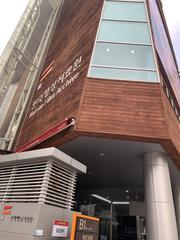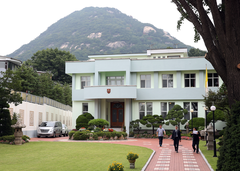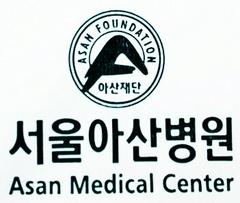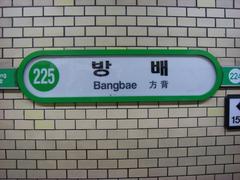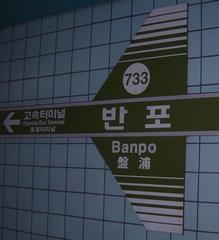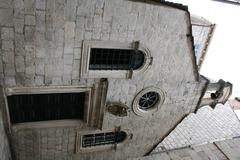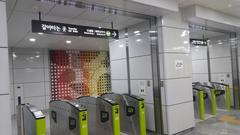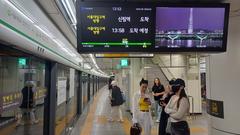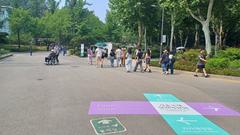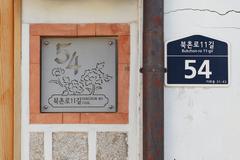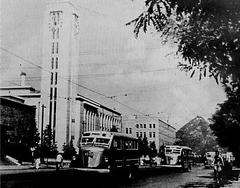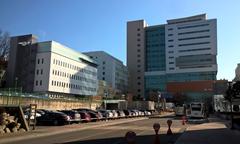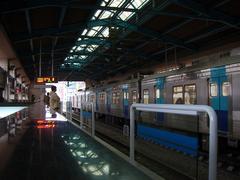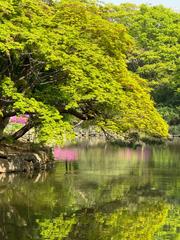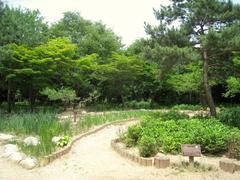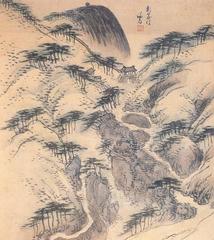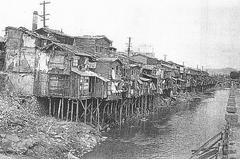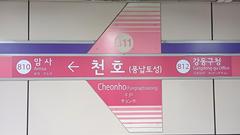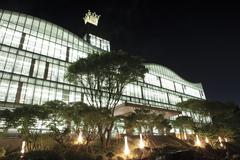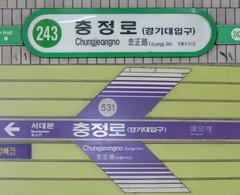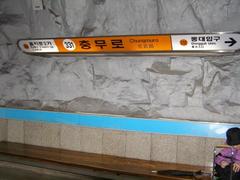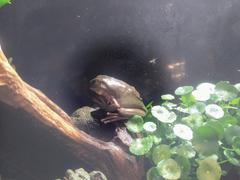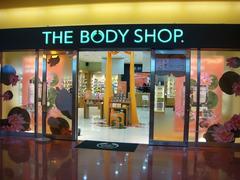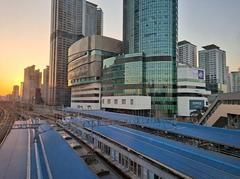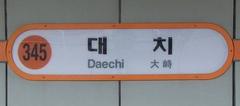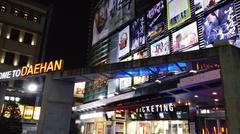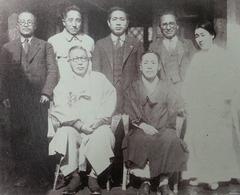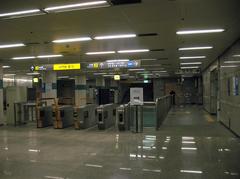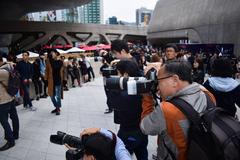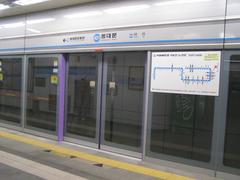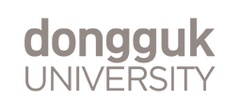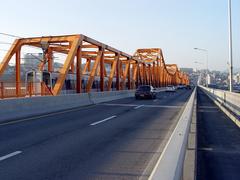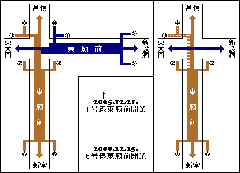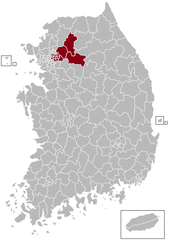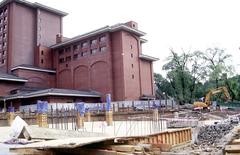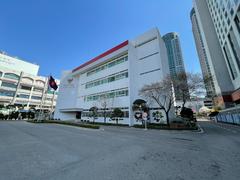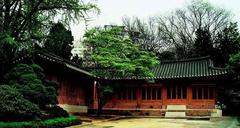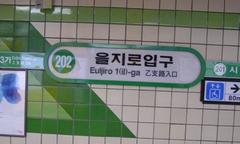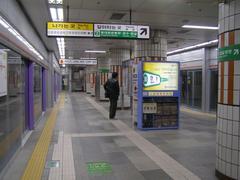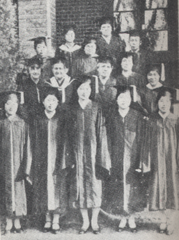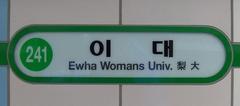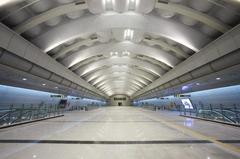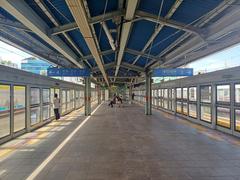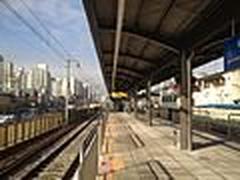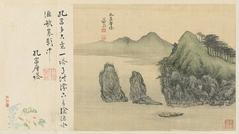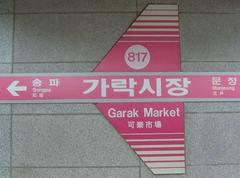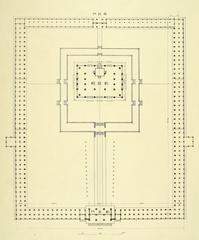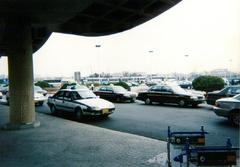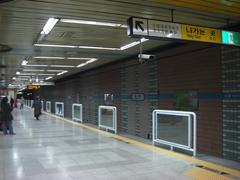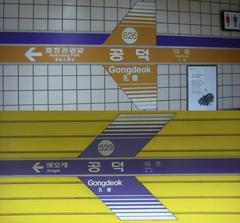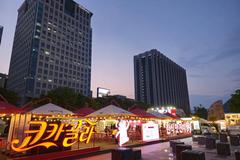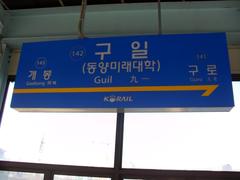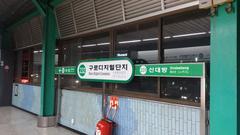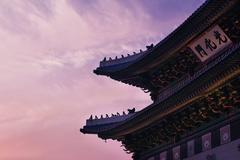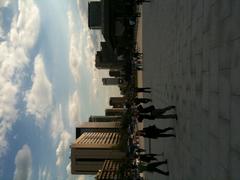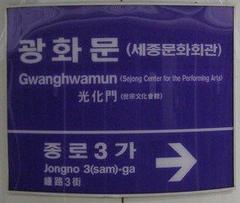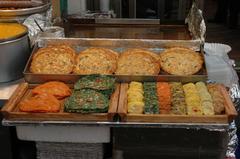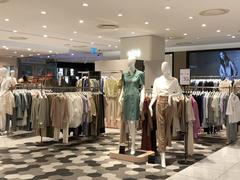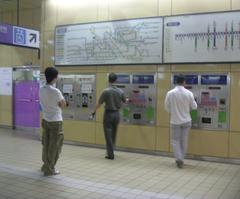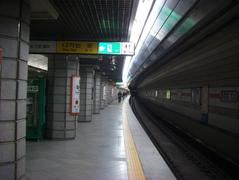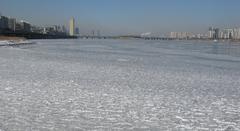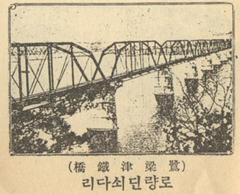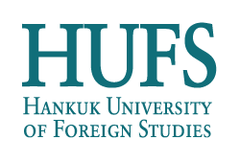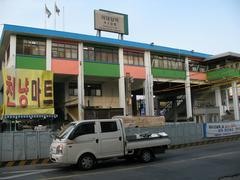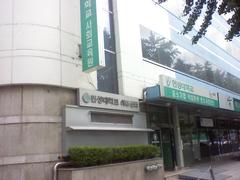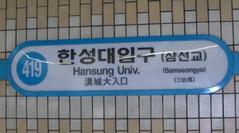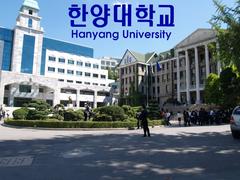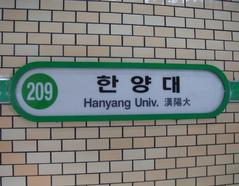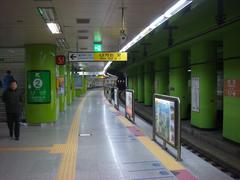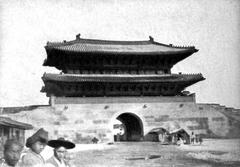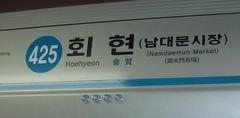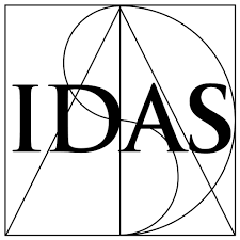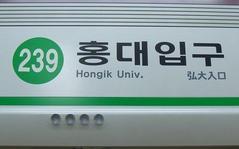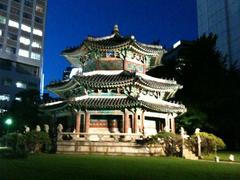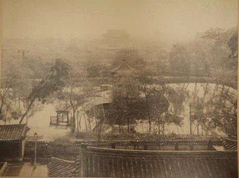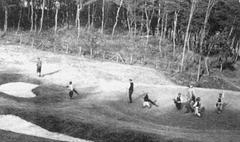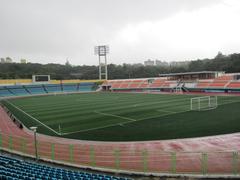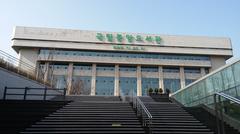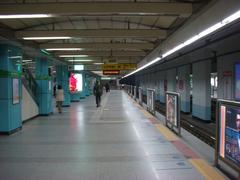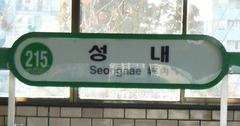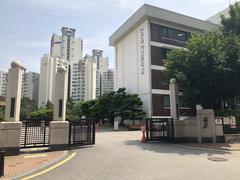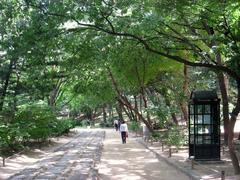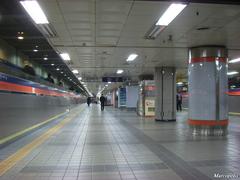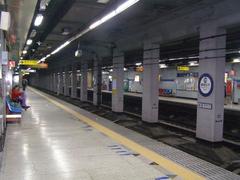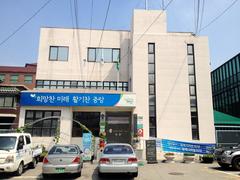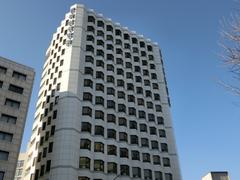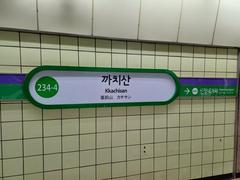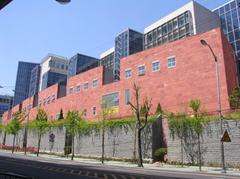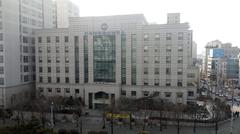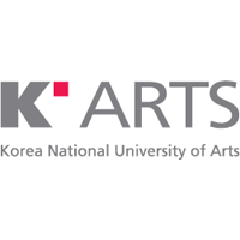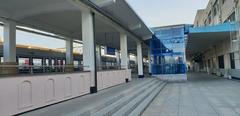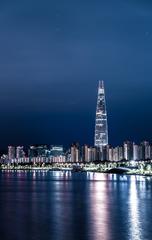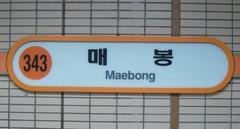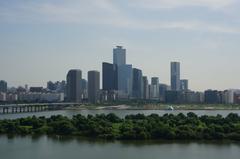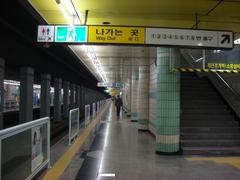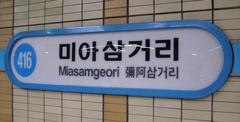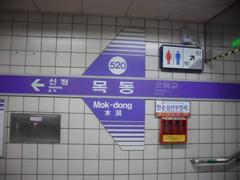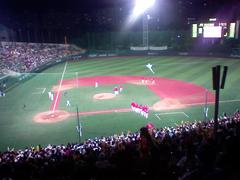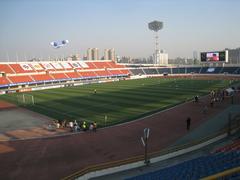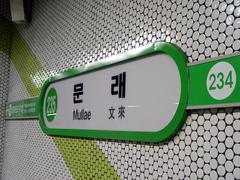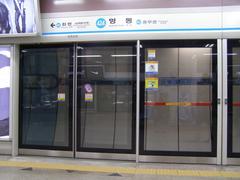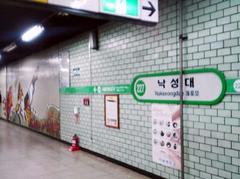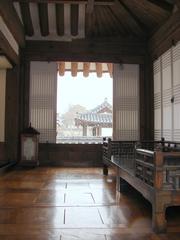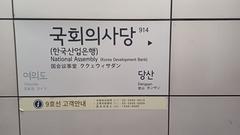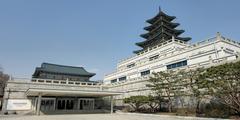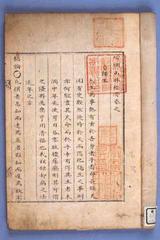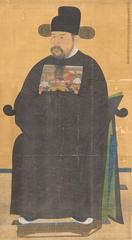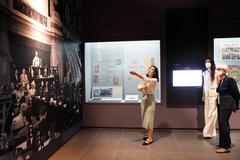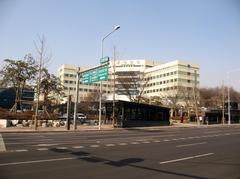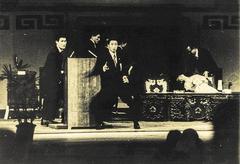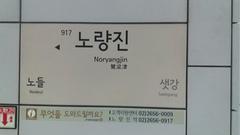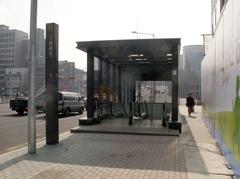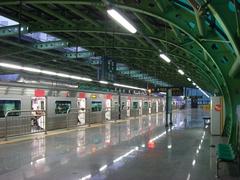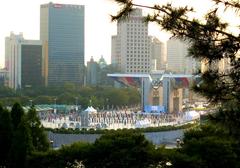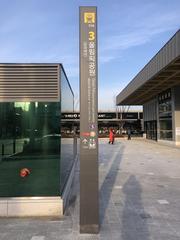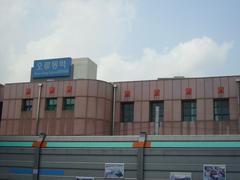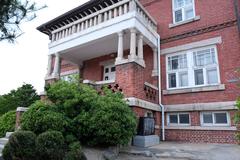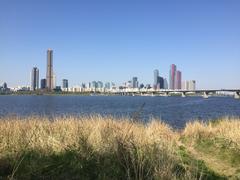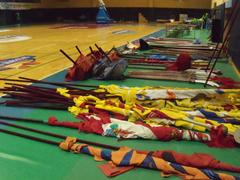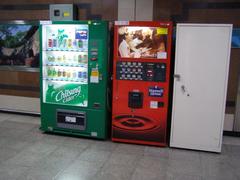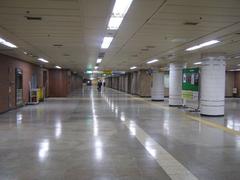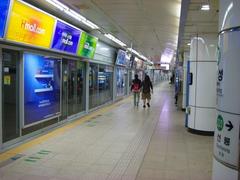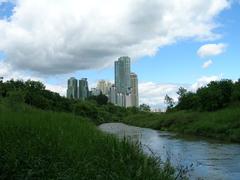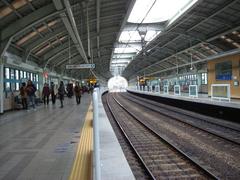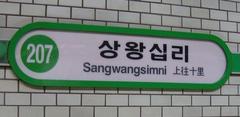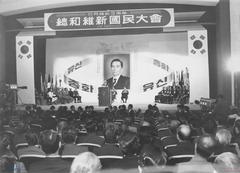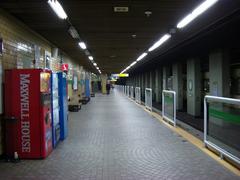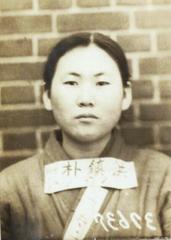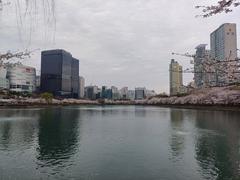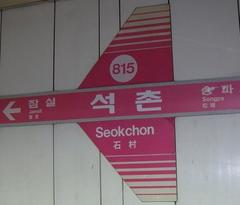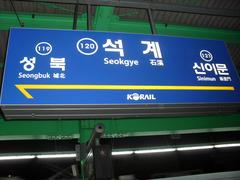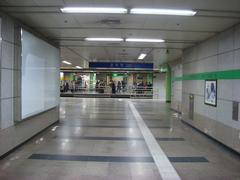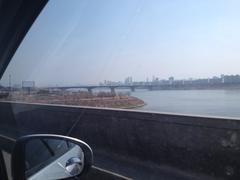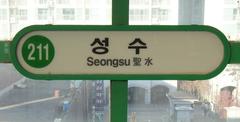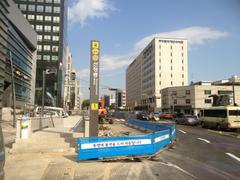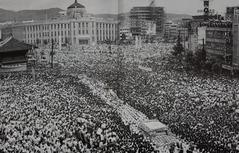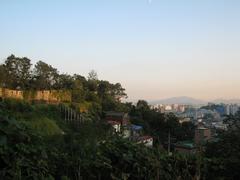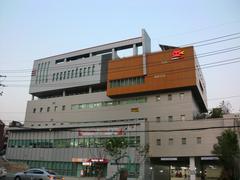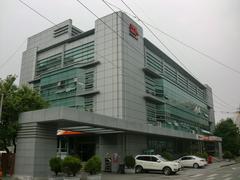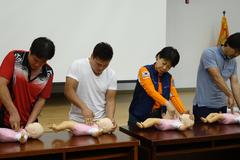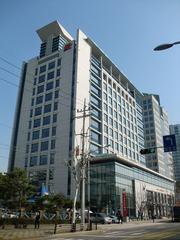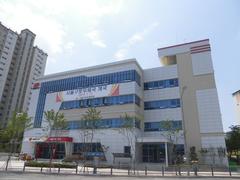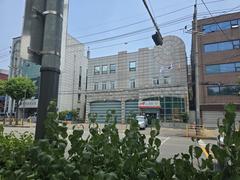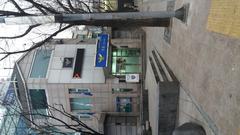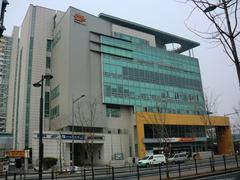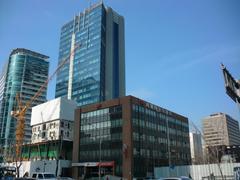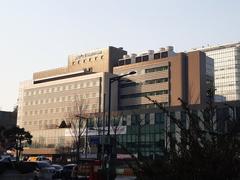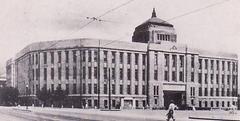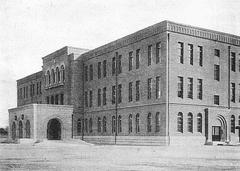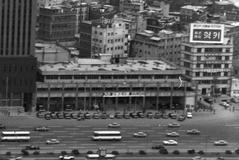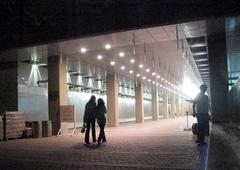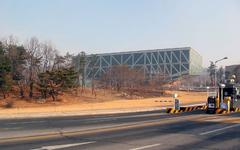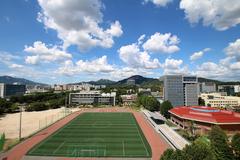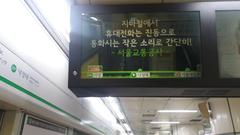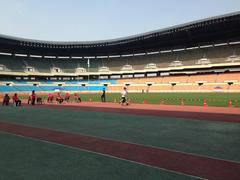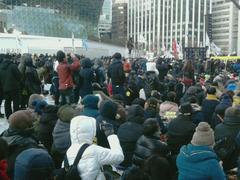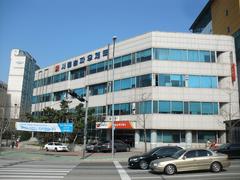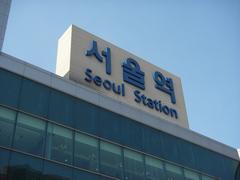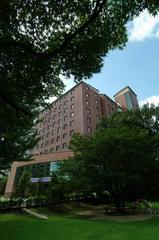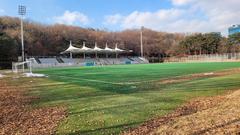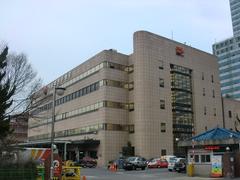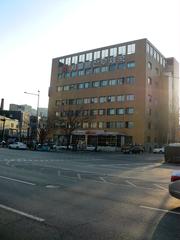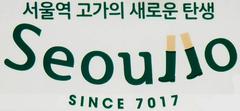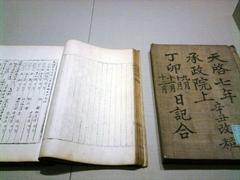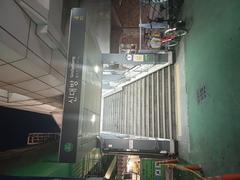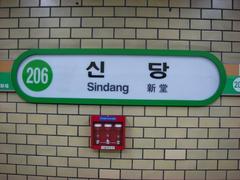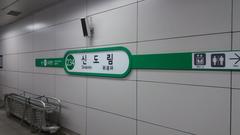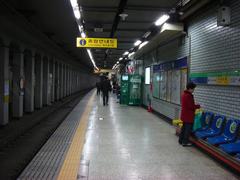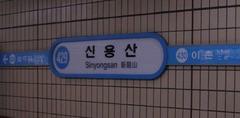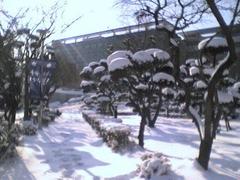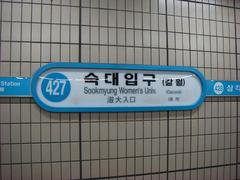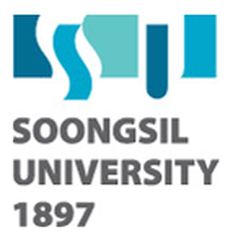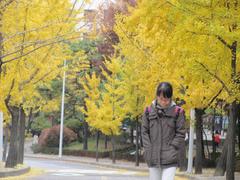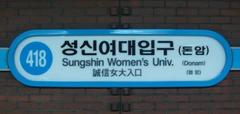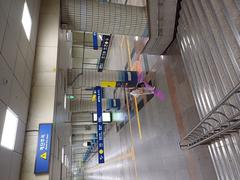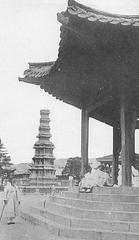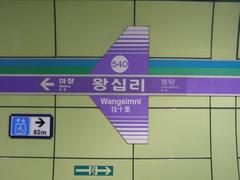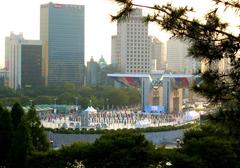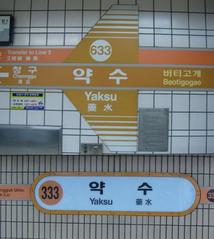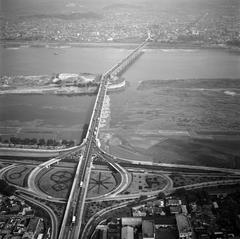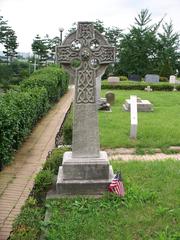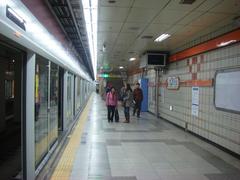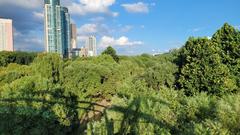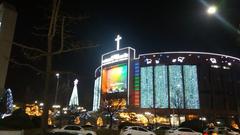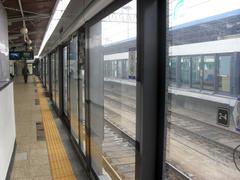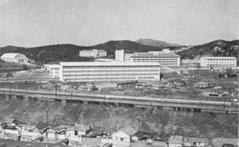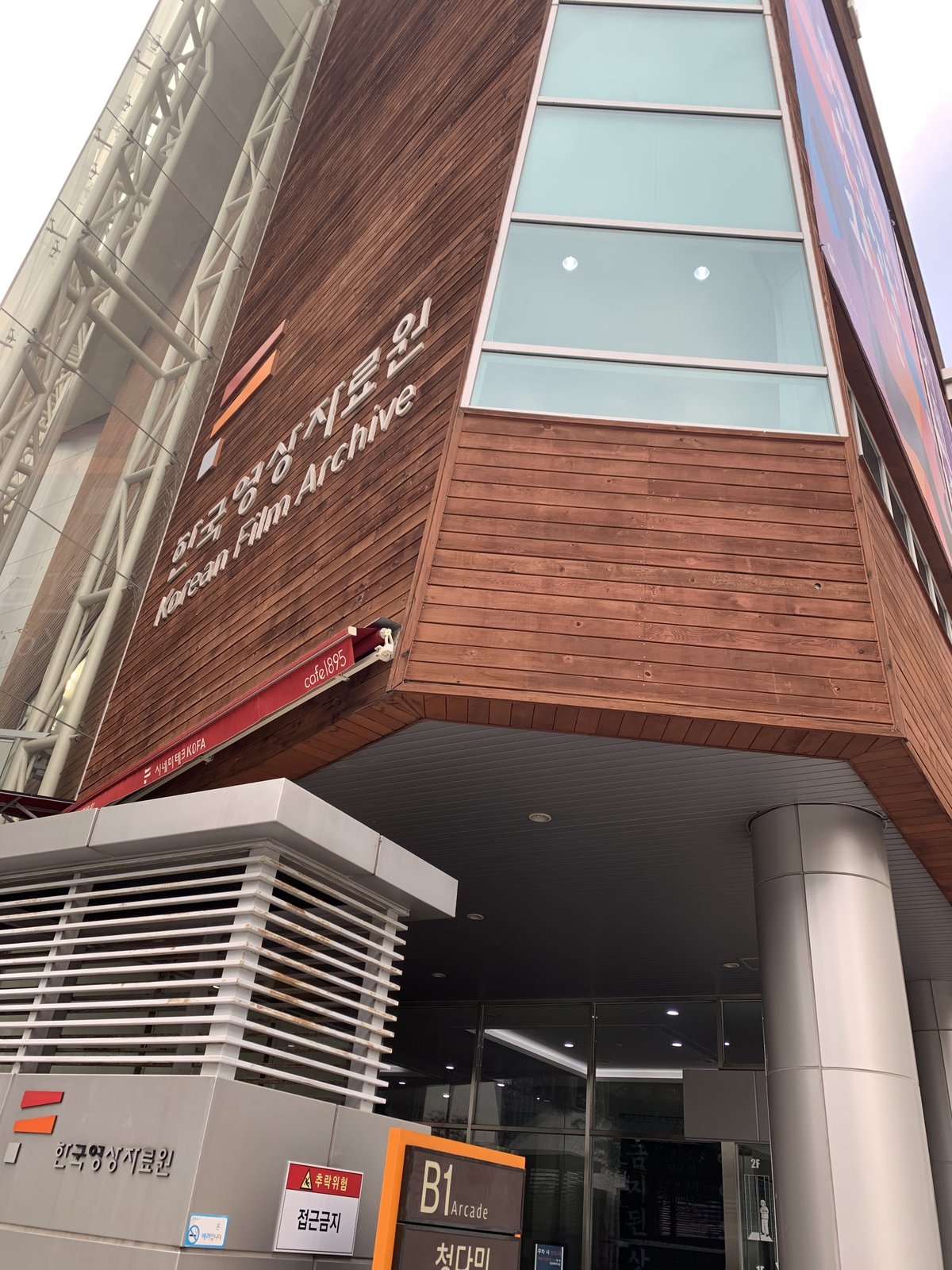
Korean Film Archive Visiting Hours, Tickets, and Guide to Seoul Historical Sites
Date: 14/06/2025
Introduction: The Korean Film Archive’s Role in Seoul’s Cultural Landscape
Located in the heart of Seoul’s Digital Media City, the Korean Film Archive (KOFA) stands as South Korea’s leading institution for the preservation, restoration, and public celebration of its cinematic heritage. Since 1974, KOFA has grown from a modest film preservation effort into an internationally recognized center for film research, education, and programming. Its modern headquarters in Sangam-dong features state-of-the-art facilities, including the Cinematheque KOFA, the Korean Film Museum, and a comprehensive reference library, all designed to make the history and artistry of Korean cinema accessible to a wide audience (Google Arts & Culture, KOFA Official, Wikipedia).
Whether you are a film aficionado, a scholar, or a cultural traveler, KOFA offers a unique opportunity to engage with Korea’s rich film legacy, from early 20th-century kinodramas to contemporary masterpieces. This guide provides essential visitor information—including visiting hours, ticketing, accessibility, and travel tips—while also highlighting KOFA’s significance, programming, and nearby attractions.
Table of Contents
- Introduction
- The Origins of Korean Cinema and Preservation Efforts
- KOFA’s Establishment and Milestones
- Preservation, Restoration, and Research
- Public Engagement: Cinematheque KOFA and Museum
- Visiting KOFA: Hours, Tickets, and Accessibility
- Getting There and Nearby Attractions
- International Recognition and Collaborations
- Visitor FAQs
- Summary and Travel Tips
- Contact and References
The Origins of Korean Cinema and the Case for Preservation
Korean cinema traces its roots to the early 20th century, with the nation’s first public film screening in 1903 and the production of the kinodrama The Righteous Revenge in 1919. Despite prolific output during the 1920s–1940s, much of Korea’s early film heritage was lost due to war, censorship, and neglect (Korean Film History). This loss underscored the urgent need for a dedicated institution to safeguard the nation’s cinematic memory, especially in light of the turbulent 20th-century history that shaped both the country and its film industry (Korean Film History).
KOFA’s Establishment and Milestones
Founded in 1974, the Korean Film Archive emerged alongside broader governmental support for the arts and film industry (Namu Wiki). Initially focused on collecting and cataloging Korean films, KOFA expanded its mandate over the decades, moving to Seocho-dong in 1990 and adopting its current name in 1991. The 2000s saw KOFA become a hub for international archiving, hosting the FIAF Congress in 2002 and launching the Cinematheque KOFA and the Korean Film Museum at its current Digital Media City headquarters in 2007 (Google Arts & Culture).
Preservation, Restoration, and Research
KOFA is at the forefront of film preservation and restoration in Asia, rescuing and restoring landmark works such as Sweet Dream (1936), Madame Freedom (1956), and Turning Point of the Youngsters (1934) (Google Arts & Culture). The archive’s collection exceeds 200,000 film reels and includes rare independent films and digital holdings. Its restoration lab utilizes cutting-edge technology, including digital restoration pioneered with Bound by Chastity Rule (1962) in 2006, and international collaborations such as the restoration of The Housemaid (1960) with Martin Scorsese’s World Cinema Project.
KOFA’s Korean Film History Research Center, established in 2007, supports academic research and publishes resources on all aspects of Korean film history (Google Arts & Culture).
Public Engagement: Cinematheque KOFA and the Korean Film Museum
Cinematheque KOFA
Cinematheque KOFA offers regular screenings of classic, restored, and contemporary Korean films, as well as international cinema. The theaters support both digital and analog formats, including 35mm and 16mm film, allowing audiences to experience films as originally intended (Wikipedia). Screenings are curated thematically, often accompanied by retrospectives, Q&A sessions, and film festivals.
Admission is affordable (typically 3,000–5,000 KRW), with discounts for students, seniors, and groups. Many films are shown with English subtitles, and advance reservations are recommended for popular events (KOFA Official).
Korean Film Museum
As Seoul’s first dedicated cinema museum, the Korean Film Museum provides an interactive, chronological journey through Korean film history. The permanent exhibition features vintage cameras, projectors, scripts, costumes, and awards, while special exhibitions rotate throughout the year (KOFA Museum). Interactive displays and educational zones such as “Invitation to Early Cinema” deepen visitors’ understanding of film technology and aesthetics.
Reference Library and Digital Resources
KOFA’s public reference library houses an extensive collection of film literature, scripts, periodicals, and archival documents, with materials in Korean, English, and other languages. Digital access is facilitated via the Korean Movie Database (KMDb) and streaming platforms, including the official YouTube channel and Naver TV.
Visiting KOFA: Hours, Tickets, and Accessibility
- Museum and Library Hours: Tuesday–Saturday, 10:30 AM–7:00 PM (last entry 30 minutes before closing). Closed Sundays, Mondays, New Year’s Day, KOFA Foundation Day (January 18), Labor Day (May 1), Seollal, and Chuseok.
- Cinematheque Screenings: Typically Tuesday–Saturday, with schedule variations. Check the official website for up-to-date screening times.
- Admission: Entry to exhibitions and the library is free. Cinematheque tickets range from 3,000–5,000 KRW. Some special events or guided tours may require advance booking and/or additional fees.
- Accessibility: The complex is fully accessible, with ramps, elevators, and accessible restrooms. Assistance is available for visitors with disabilities.
Additional facilities include a café, shop, restrooms, lockers, and free Wi-Fi.
Getting There and Nearby Attractions
KOFA is located in Sangam-dong, Mapo-gu, close to Seoul World Cup Stadium and Digital Media City (Trek Zone). The nearest subway station is Digital Media City Station (Line 6, AREX, Gyeongui-Jungang Line), just a short walk from KOFA. The area is well-served by public transport and taxis.
Nearby attractions include:
- Seoul World Cup Stadium: A major sporting and architectural site.
- Digital Media City: Media companies, public art, and diverse cafes.
- World Cup Park: Urban parkland ideal for strolling.
- Seoul Botanic Park: Expansive gardens and green spaces.
International Recognition and Collaborations
KOFA’s commitment to preservation and scholarship has earned it international acclaim. It has hosted the FIAF Congress, organized retrospectives abroad, and partnered with archives worldwide. Notable projects include the restoration of The Housemaid with the World Cinema Project and the digitization of rare films for global access (Google Arts & Culture).
Frequently Asked Questions (FAQ)
Q: What are KOFA’s visiting hours?
A: Museum and library: Tuesday–Saturday, 10:30 AM–7:00 PM (last entry 6:30 PM). Closed Sundays, Mondays, and major holidays.
Q: Is admission free?
A: Yes, entry to the museum and library is free. Cinematheque screenings typically require a nominal ticket fee.
Q: Are English subtitles available for film screenings?
A: Most major Korean films screened at Cinematheque KOFA include English subtitles.
Q: How do I get to KOFA?
A: Take Seoul Subway Line 6 or AREX to Digital Media City Station (Exit 9). Buses and taxis are readily available.
Q: Is KOFA accessible for visitors with disabilities?
A: Yes, the facility is fully wheelchair accessible.
Q: Can I reserve tickets in advance?
A: Advance reservations are recommended for special exhibitions, guided tours, and popular screenings. Check the official KOFA website for details.
Q: Is photography allowed?
A: Photography is generally restricted inside exhibition areas; check signage or ask staff for specific guidelines.
Q: Are there amenities on site?
A: Restrooms, a café, lockers, and a shop are available for visitors.
Summary and Travel Tips
The Korean Film Archive is a cornerstone of South Korea’s cultural heritage, offering a rich program of exhibitions, screenings, and educational activities in a world-class facility. With free admission to exhibitions, affordable tickets for screenings (often with English subtitles), and a location near several major attractions, KOFA is a must-visit destination for anyone interested in Korean culture or cinema.
Travel Tips:
- Check the KOFA website for the latest hours, ticketing, and event updates.
- Arrive early for popular screenings or events.
- Explore nearby attractions to make the most of your visit to Sangam-dong.
- Download the Audiala app for curated cultural content and follow KOFA on social media for updates.
Contact and References
- Website: KOFA Official English Site
- Email: [email protected]
- YouTube: Korean Film Archive
- Google Arts & Culture: Korean Film Archive Partner Page
Key Resources:
- Korean Film History
- Namu Wiki
- Google Arts & Culture Story
- View of the Arts
- Wikipedia
- Trek Zone
- iamaileen.com
